Supplies entering the besieged enclave are not meeting the nutritional needs of the people living there, aid groups announced Thursday, while the UN’s World Food Programme said that supplies into Gaza were still far short of its daily target of 2,000 tonnes because only two crossings into the Palestinian territory are open.
“The situation still remains catastrophic because what’s entering is not enough,” Tedros Adhanom Ghebreyesus, chief of the World Health Organization said, adding that “there is no dent in hunger because there is not enough food.”
At least a quarter of Gaza’s population, including 11,500 pregnant women, is starving, the UN warned on Wednesday, saying the effects of malnutrition will have “generational” impacts in Gaza.
Seventy percent of newborns are premature or underweight, compared with 20 percent before October 2023, Andrew Saberton, deputy executive director of the United Nations Population Fund (UNFPA), said Wednesday.
“Malnutrition will have generational effects, not on the mother, but on the newborn, likely to result in ever longer lasting care and problems throughout the life of the baby,” he added.
A famine was declared in Gaza City and its surrounding area in August, with the Integrated Food Security Phase Classification (IPC) saying at the time that more than 500,000 people in the Gaza Strip faced “catastrophic conditions”.
A US-brokered ceasefire took effect on October 10. As part of the ceasefire agreement, humanitarian aid deliveries were to be ramped up, with the UN aiming for approximately 2,000 tonnes of aid entering on a daily basis. But only approximately 750 metric tonnes of food are entering the Gaza Strip daily, the WFP announced Tuesday, because only two of the Israeli-controlled crossings into Gaza are operational – Karem Abu Salem in the south and al-Karara in the centre (called Kerem Shalom and Kissufim in Israel, respectively).
![Palestinian woman Nisreen holds the hand of her son Majd Salem, a six-month-old malnourished Palestinian baby [Mahmoud Issa/Reuters]](https://i0.wp.com/www.aljazeera.com/wp-content/uploads/2025/10/2024-06-24T062750Z_1075878940_RC24N7AXXUIB_RTRMADP_3_ISRAEL-PALESTINIANS-GAZA-HUNGER-1761233232.jpg?w=800&ssl=1)
“The situation in the Gaza Strip remains catastrophic, even two weeks after the ceasefire began,” Bahaa Zaqout, director of external relations at the Palestinian NGO PARC, said.
Zaqout cited examples of biscuits, chocolate and soda being allowed in on commercial trucks, while items, such as seeds and olives remained restricted from entering.
“Unfortunately, these do not respond to the minimum nutritional values required for children, women and the most vulnerable groups,” he added, saying that while some fruits and vegetables are entering Gaza, they are exorbitantly expensive.
One kilogram (2.2 pounds) of tomatoes, which used to cost one shekel, now costs about 15 shekels ($4.50), he said.
Forty-one aid organisations, including Oxfam and the Norwegian Refugee Council, released an open letter Thursday accusing Israel of “arbitrarily” rejecting aid shipments into Gaza, saying the Israeli government has routinely blocked their requests to begin humanitarian efforts in earnest.
“Between 10 and 21 October, 99 requests by international NGOs to deliver aid into Gaza were rejected, while six requests submitted by the UN agencies were denied,” the letter stated. “Aid denied by Israeli authorities includes tents and tarpaulins, blankets, mattresses, food and nutrition supplies, hygiene kits, sanitation materials, assistive devices, and children’s clothing, all of which should be unrestricted during the ceasefire.”
On Wednesday, the International Court of Justice (ICJ) ruled Israel has an obligation to ensure the “basic needs” of the population in Gaza are met. In April, lawyers for the United Nations and Palestinian representatives at the ICJ accused Israel of breaking international law by refusing to let aid into Gaza between March and May.
While some aid has been allowed into Gaza since then, humanitarian groups say much more is needed and demand that Israel provide more access.
“Supplies are packaged, staff are equipped and ready to respond at scale,” aid organisations stated in their open letter on Thursday. “What we need now is access. Israeli authorities must uphold their obligations under international humanitarian law and the terms of the ceasefire agreement.”
Israel’s war on Gaza has killed at least 68,280 people and wounded 170,375 since October 2023, according to Palestinian health authorities. At least 1,139 people were killed in the Hamas-led October 7, 2023, attack on southern Israel and more than 200 others were taken captive.

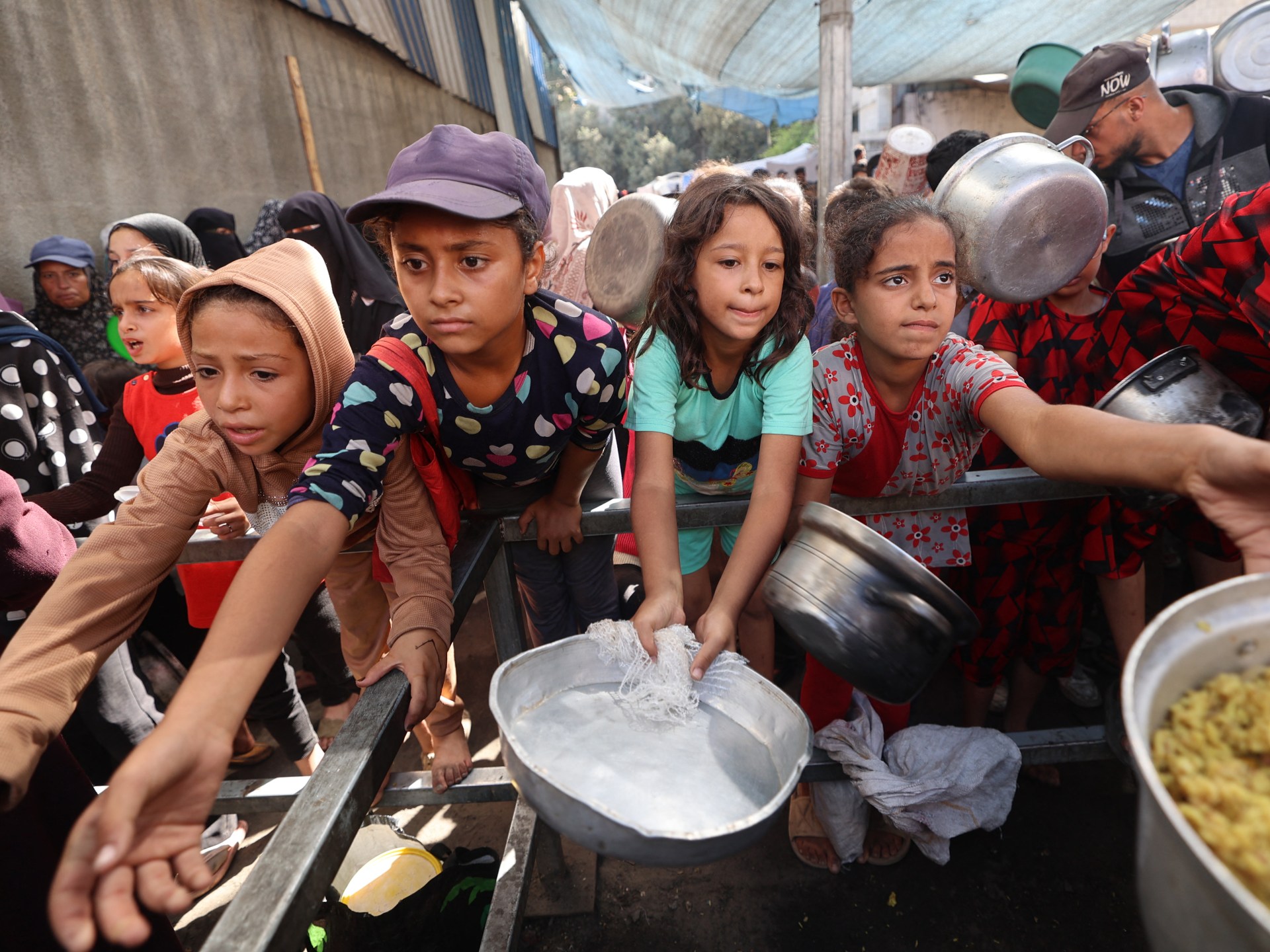
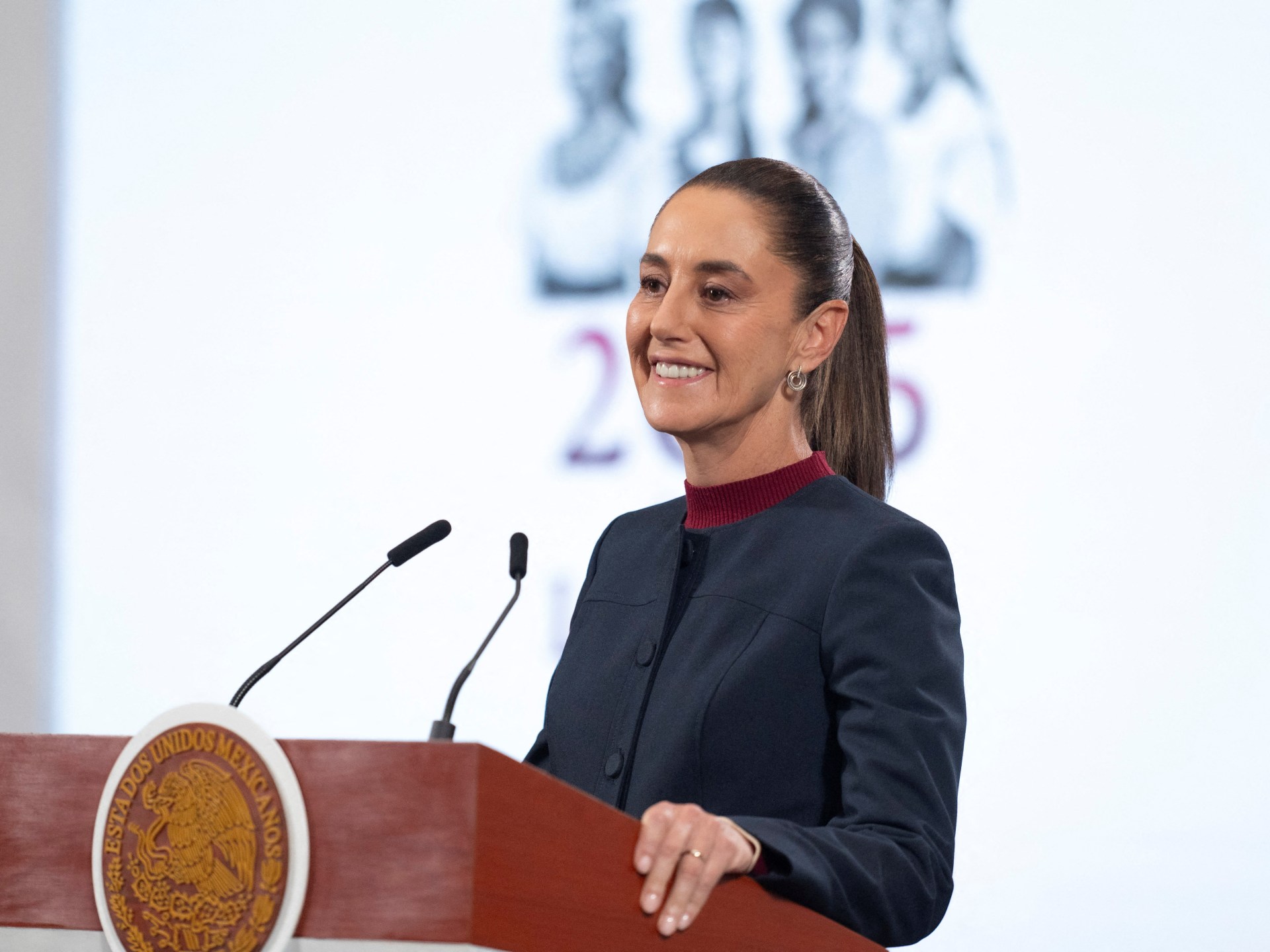
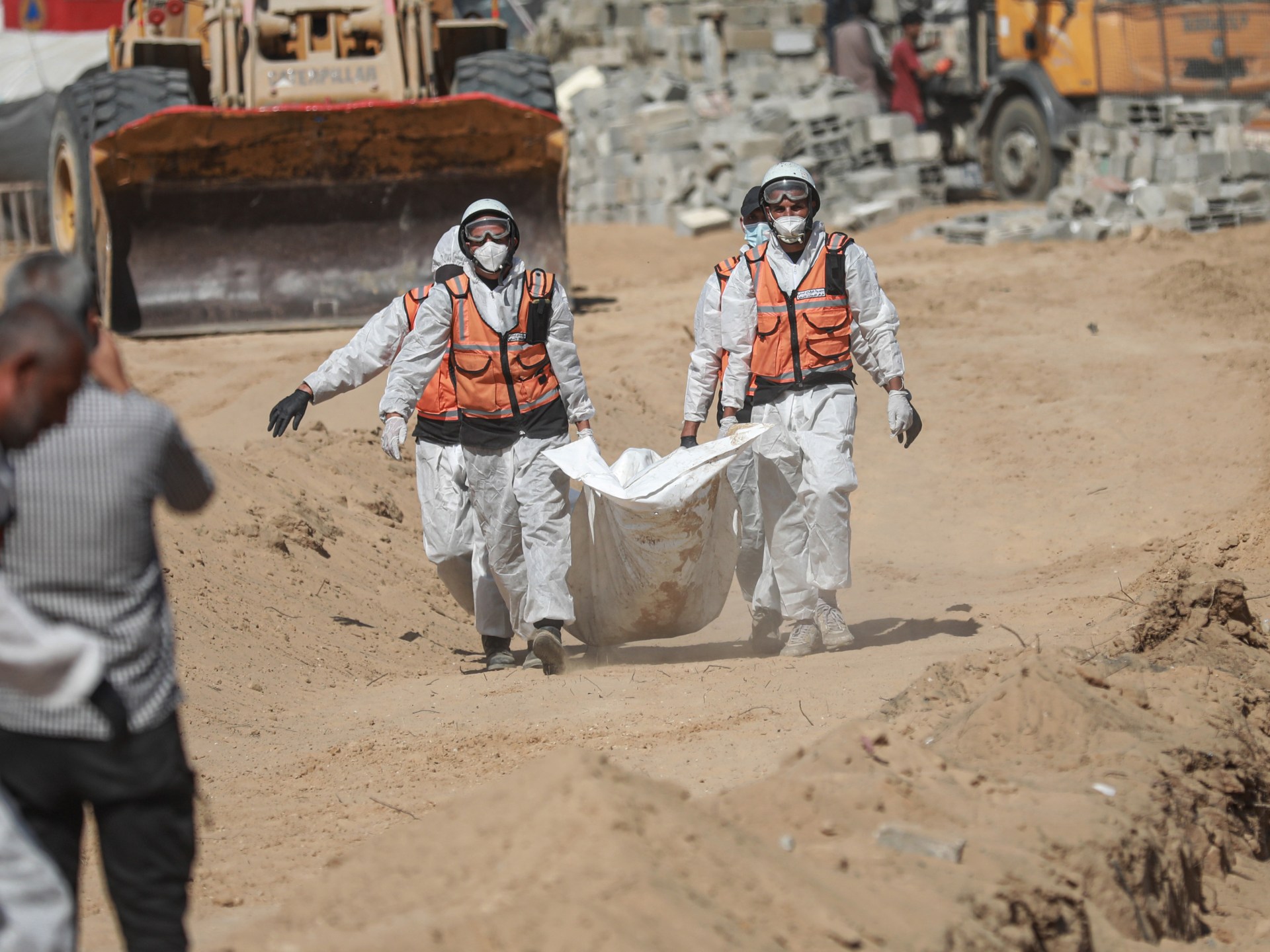
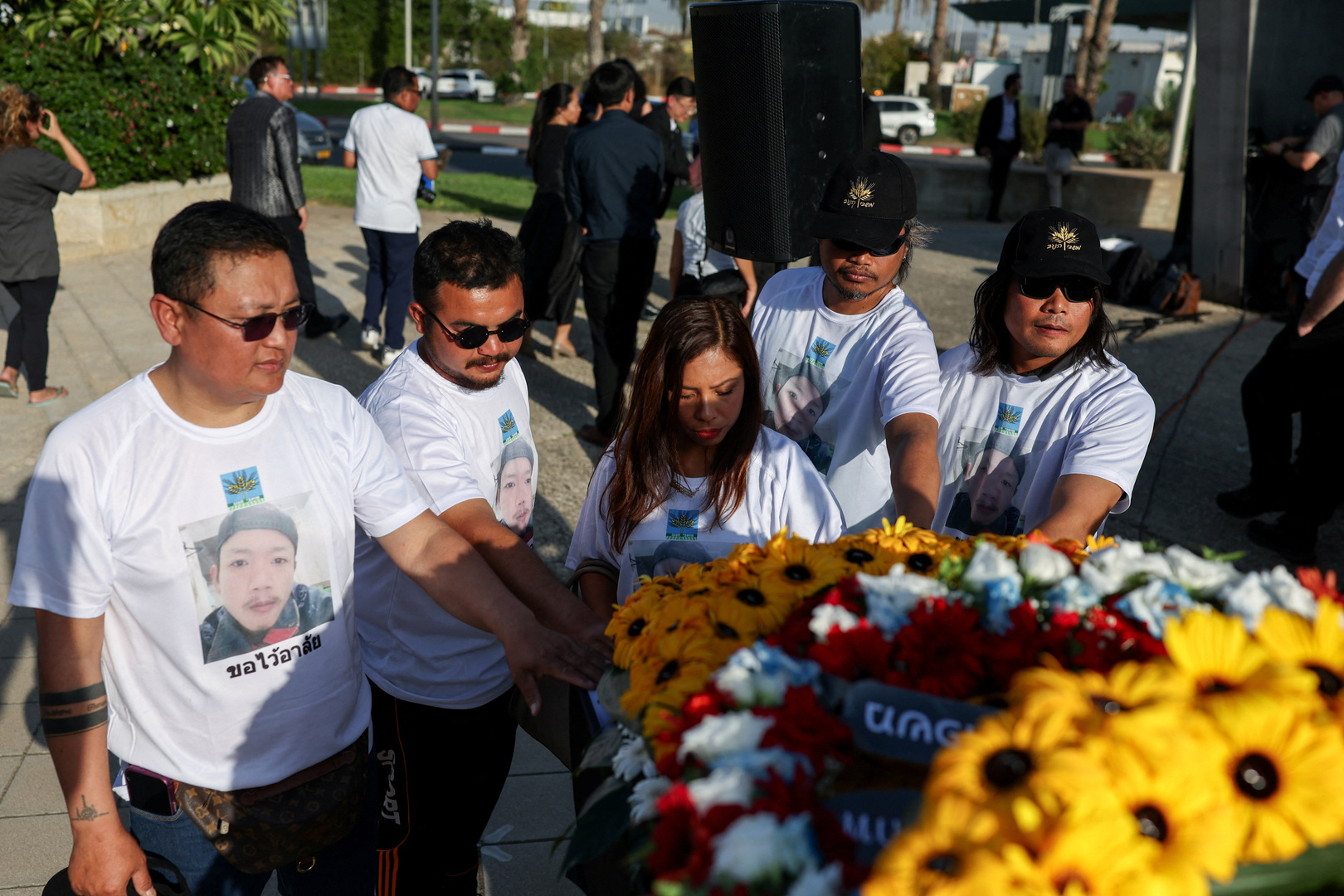
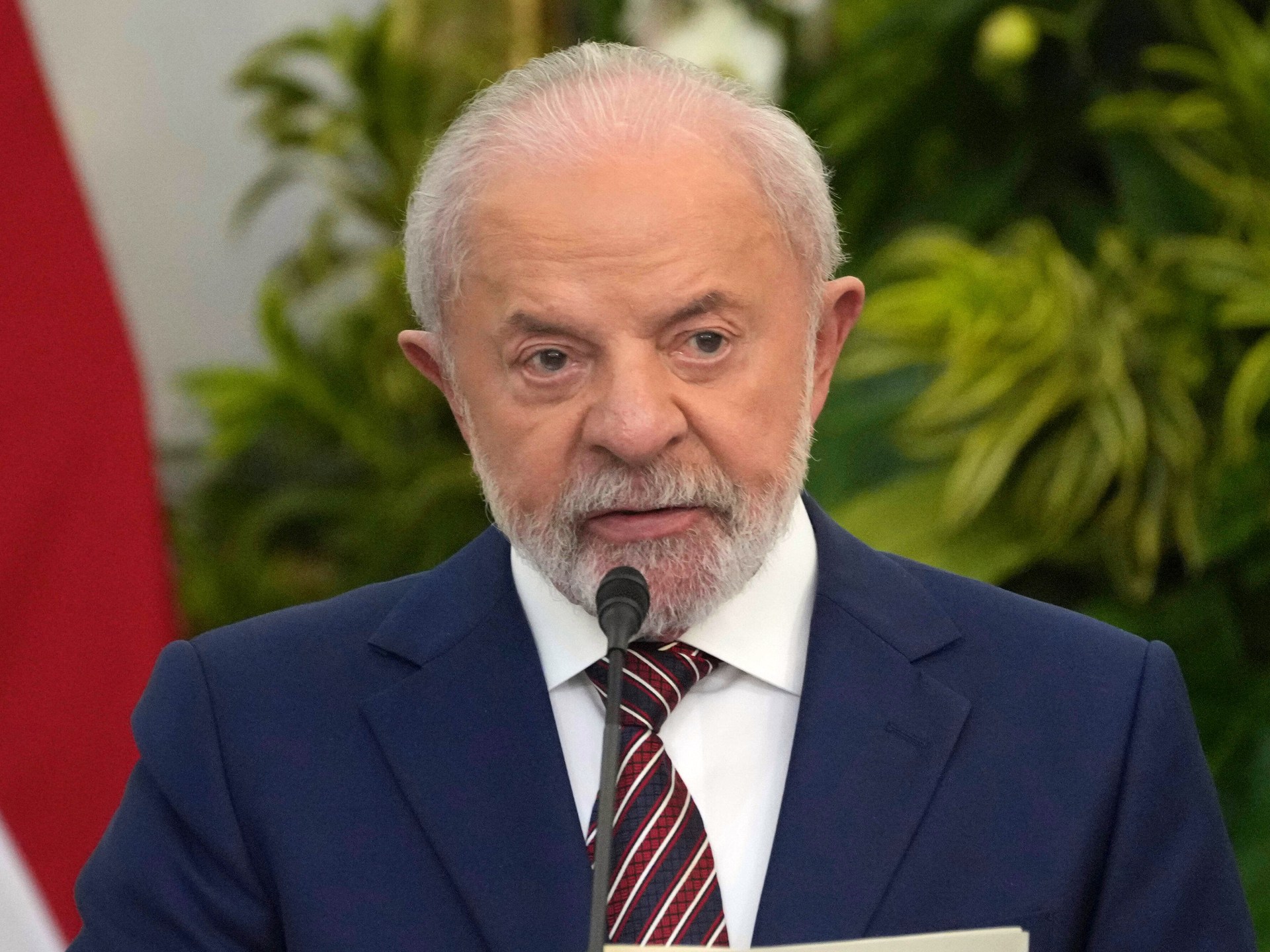
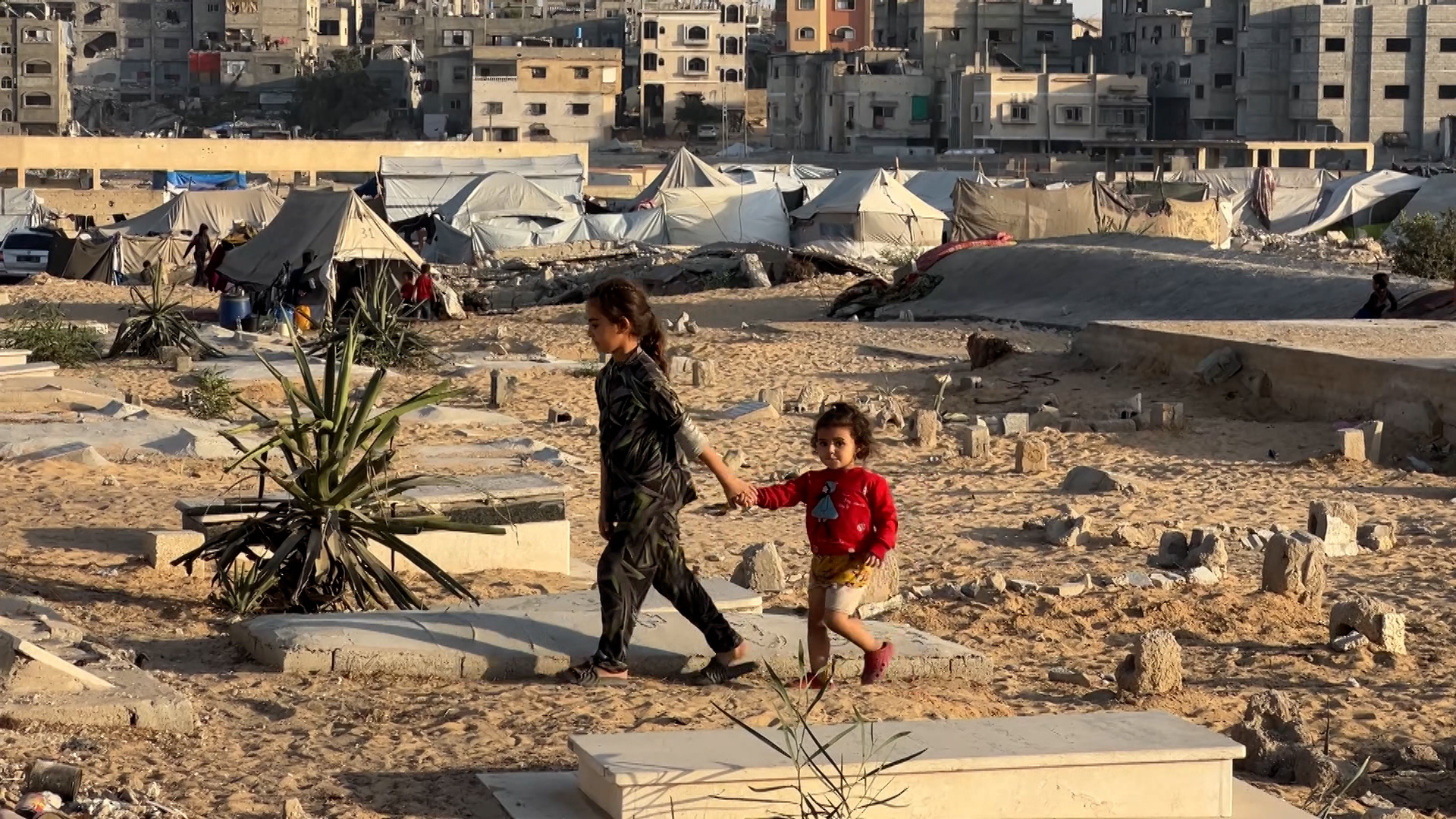

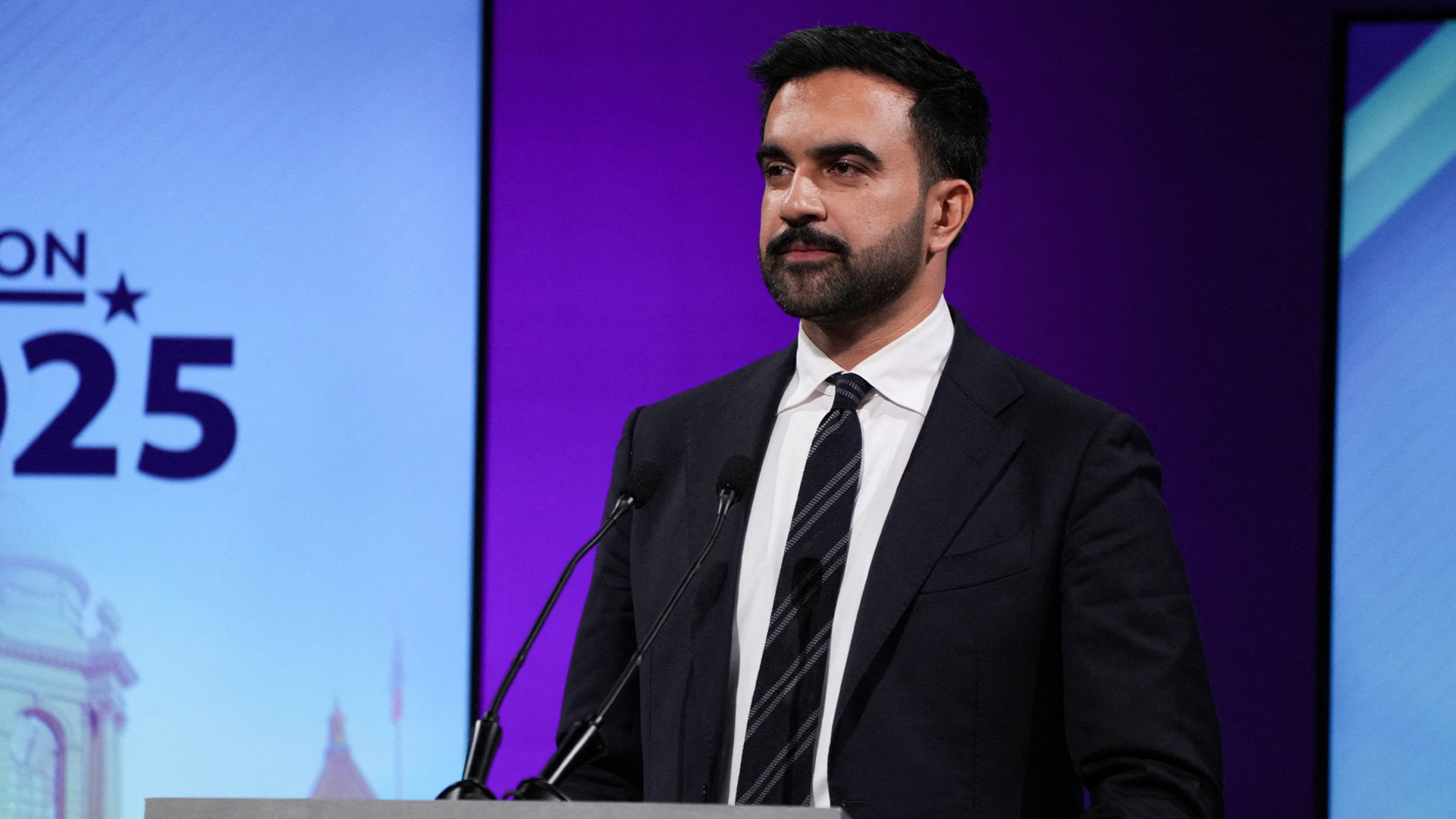
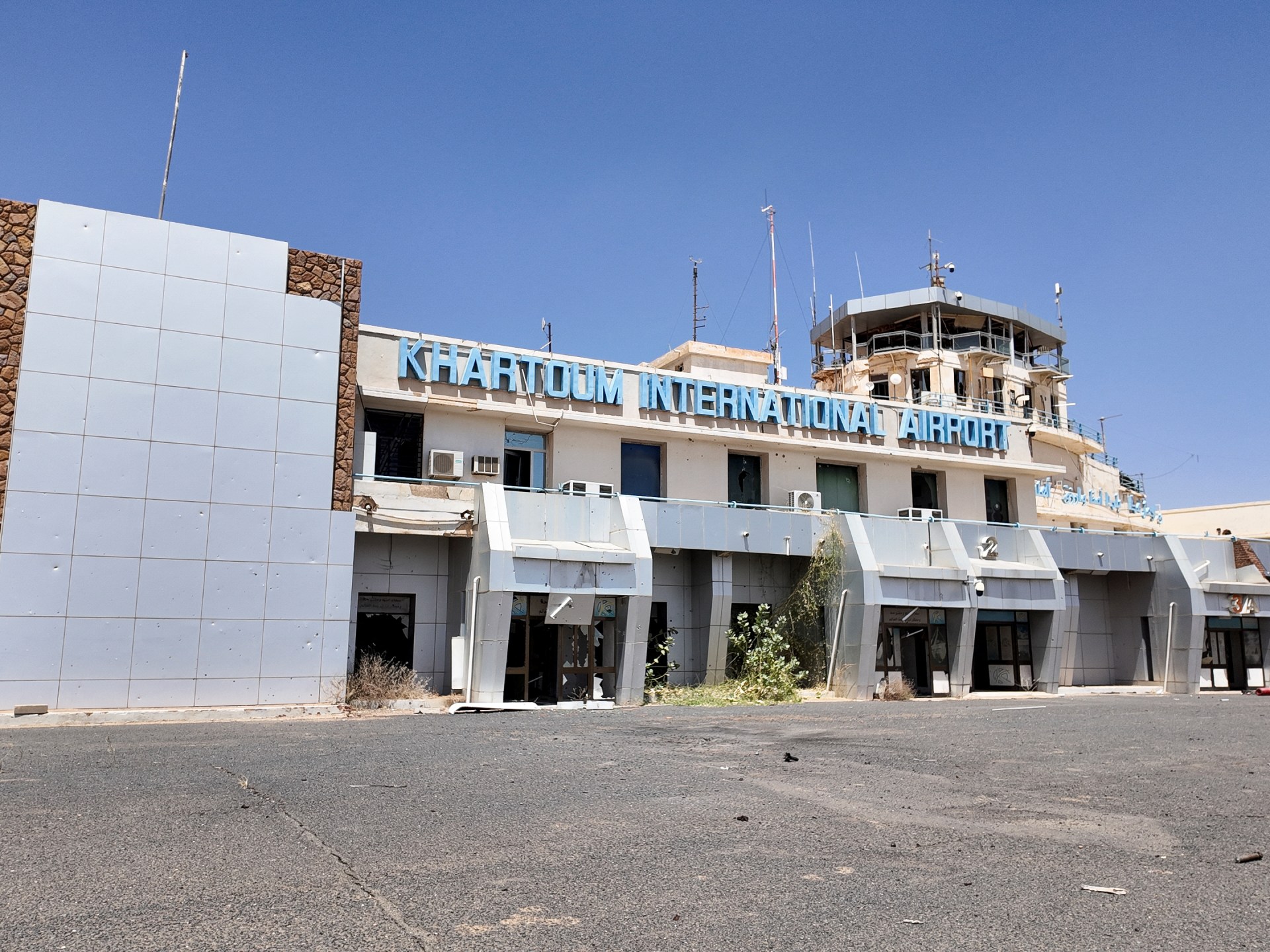
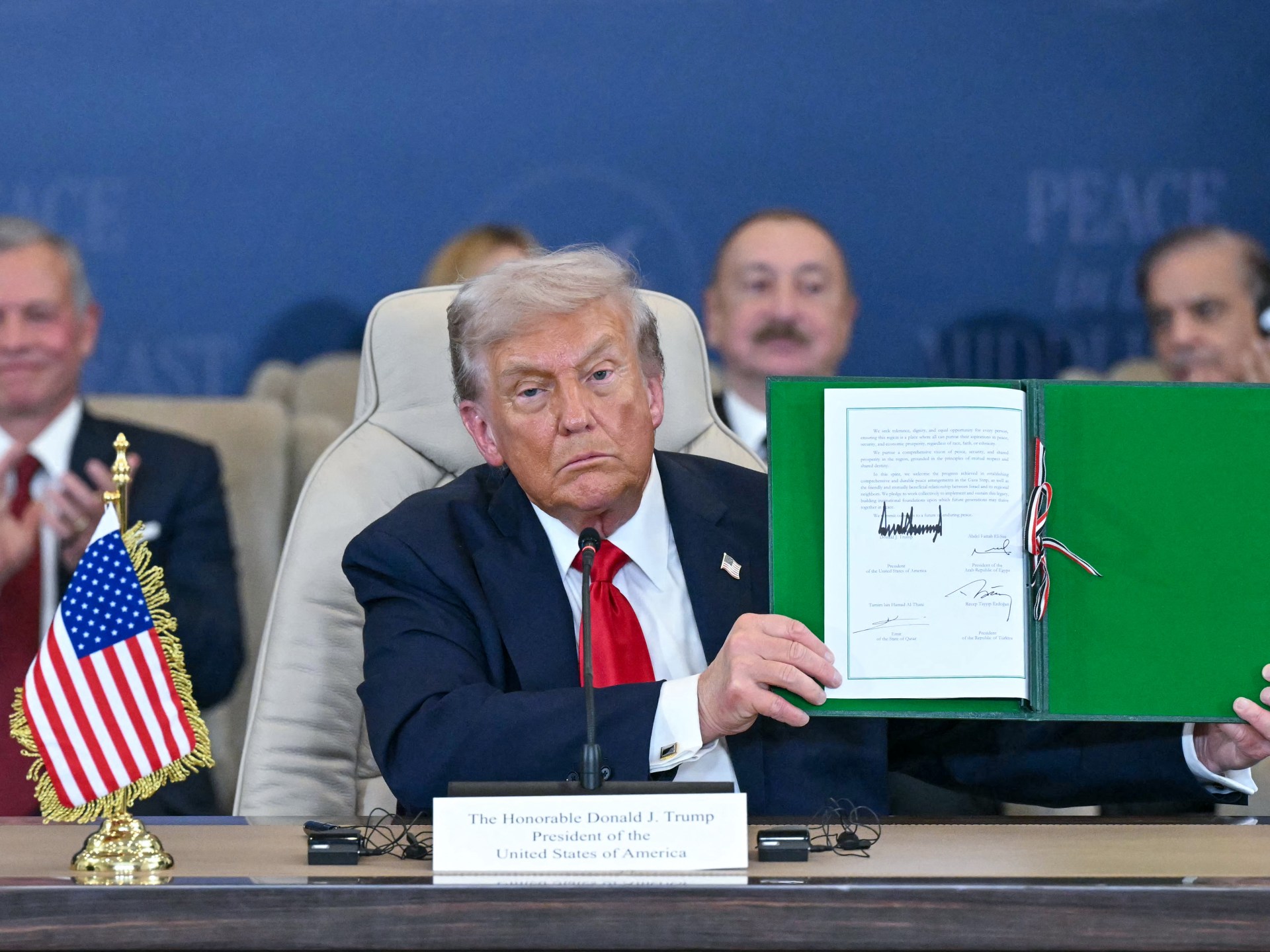



Leave a Reply